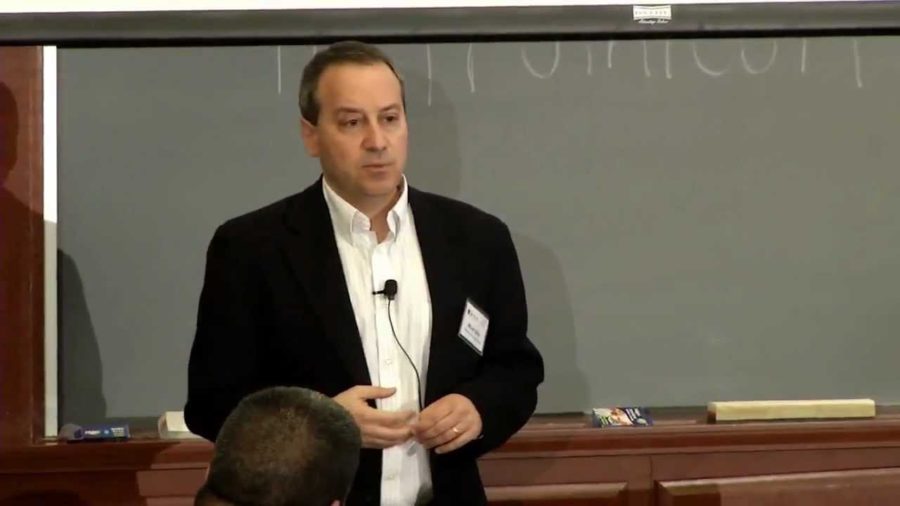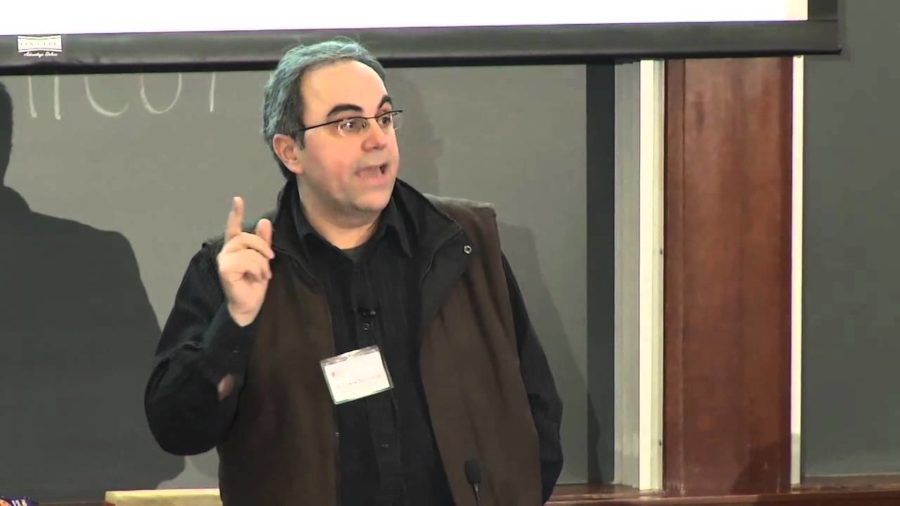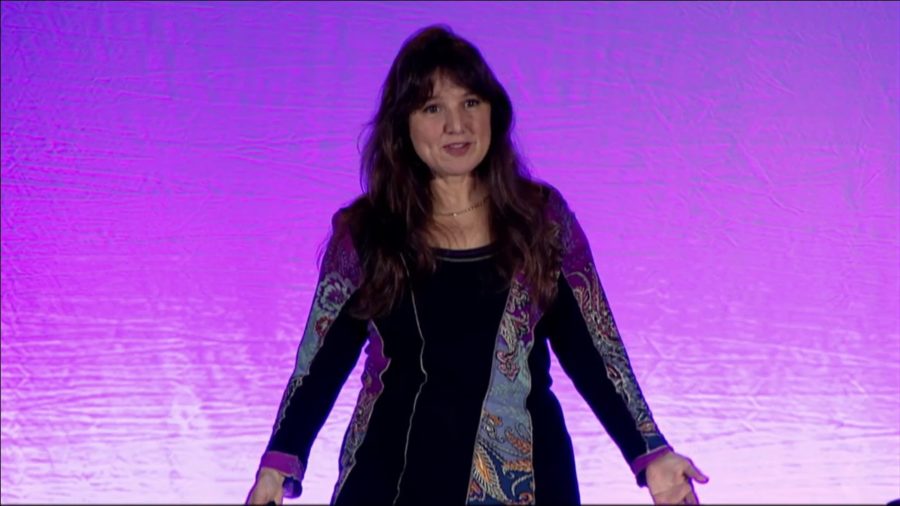I actually want to go beyond the way we think about the Internet to think about this whole question we’ve been wrestling with, which is you know, our information system, and to take a metaphor that my friend Craig Newmark likes to say, which is that the press or the media is the immune system of democracy.
Archive (Page 2 of 2)
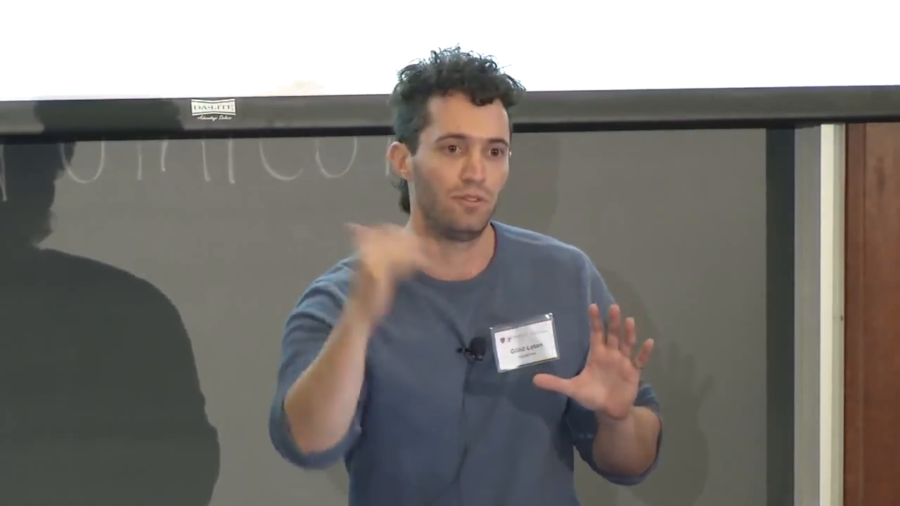
Lo and behold humanity is fairly consistent. We would mention mornings in the mornings. We get tired sort of towards the evenings. Talk about coffee more frequently in the morning. These are the sort of normal diurnal patterns that we see on Twitter, right. As expected. But when interesting events happen and events that are out of the ordinary happen it’s very clear that they happen.
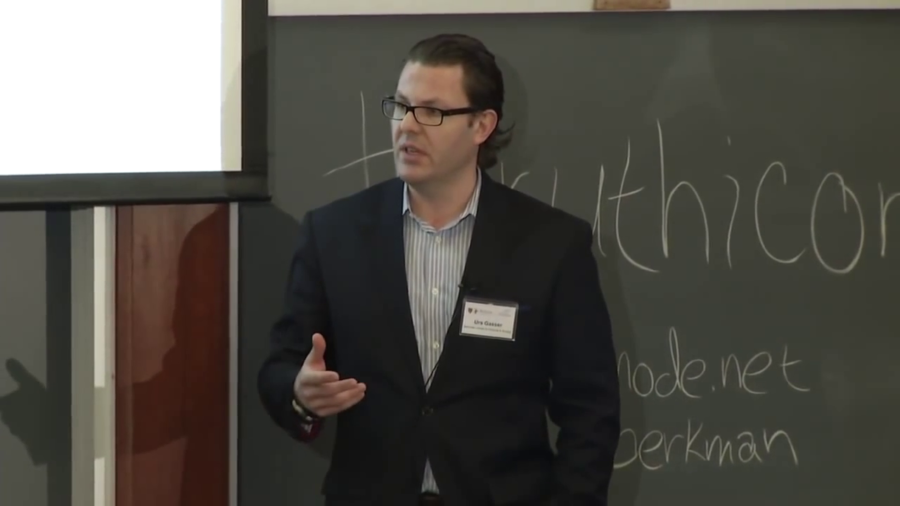
I’d like to cluster my thoughts and structure them into four categories. One is what I will call foundational issues. Second, a few words and observations regarding methods. Third, a few areas of application that we touched upon this morning, and maybe also highlighting one or two that we haven’t talked so much about but that I think are increasingly important. And then finally also as a segue to the following sessions, a few words about potential points of intervention.
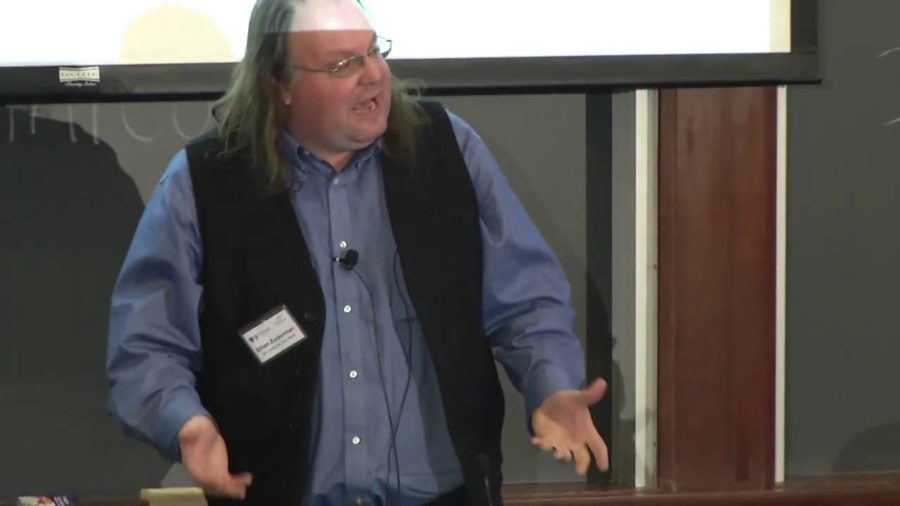
When you’re looking at something as big as these questions of verifiability, truth, truthiness, disinformation, so on and so forth, I find myself now trying to pick apart the questions we talked about this morning from the perspective of tractability. So let me use that to sort of frame a couple of the conversations we’ve had and then a couple of things that haven’t come up, and then see if I can sort of push us forward a little bit into where we go this afternoon.
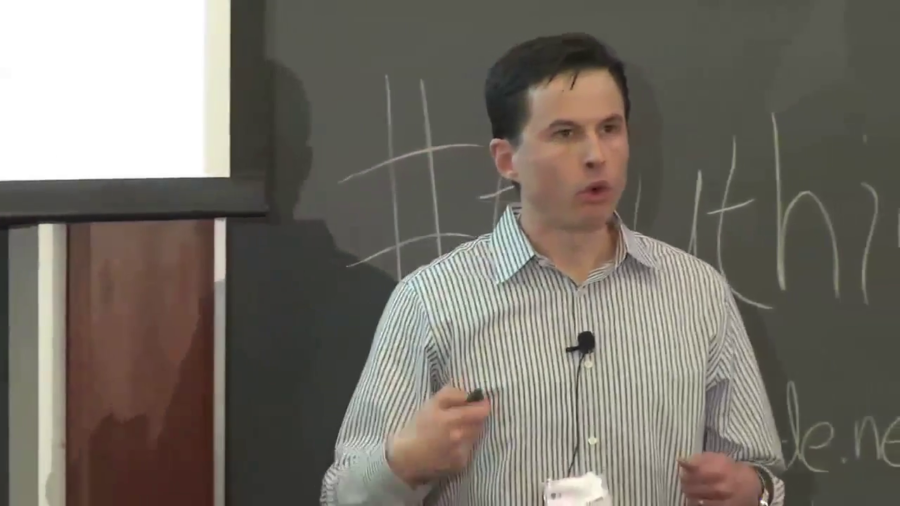
I’ve experienced first hand the challenges of trying to correct misinformation, and in part my academic research builds on that experience and tries understand why it was that so much of what we did at Spinsanity antagonized even those people who were interested enough to go to a fact-checking web site.
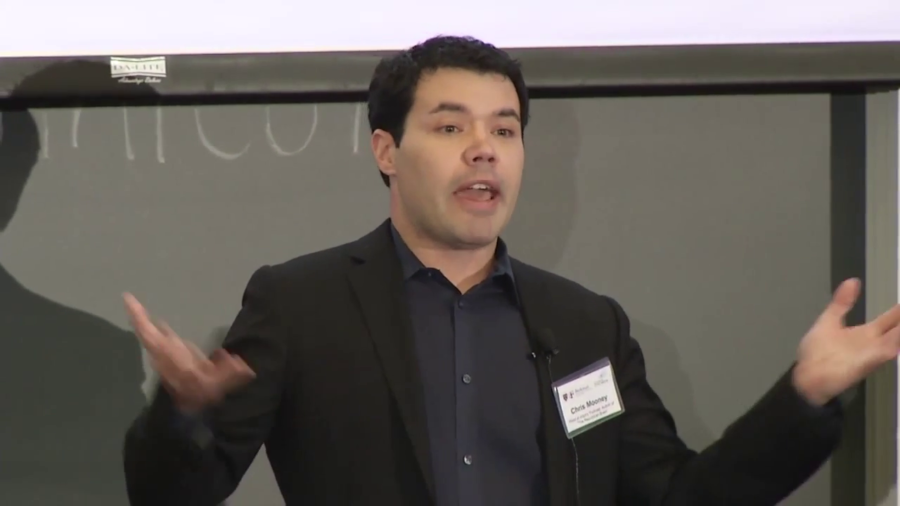
What is it about our brains that makes facts so challenging, so odd and threatening? Why do we sometimes double down on false beliefs? And maybe why do some of us do it more than others?
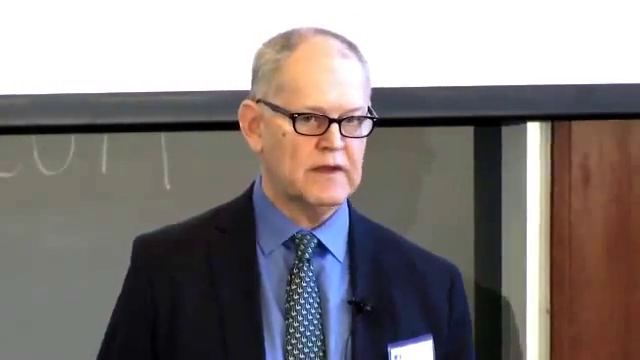
Today, because of the digital media, big companies are able to get their propaganda directly to their target audiences, as I was able to do. They can and they do publish and disseminate their own press releases, and their own studies, and their own position papers. All this means that the consumer is often, if not most of the time, at a big disadvantage.

